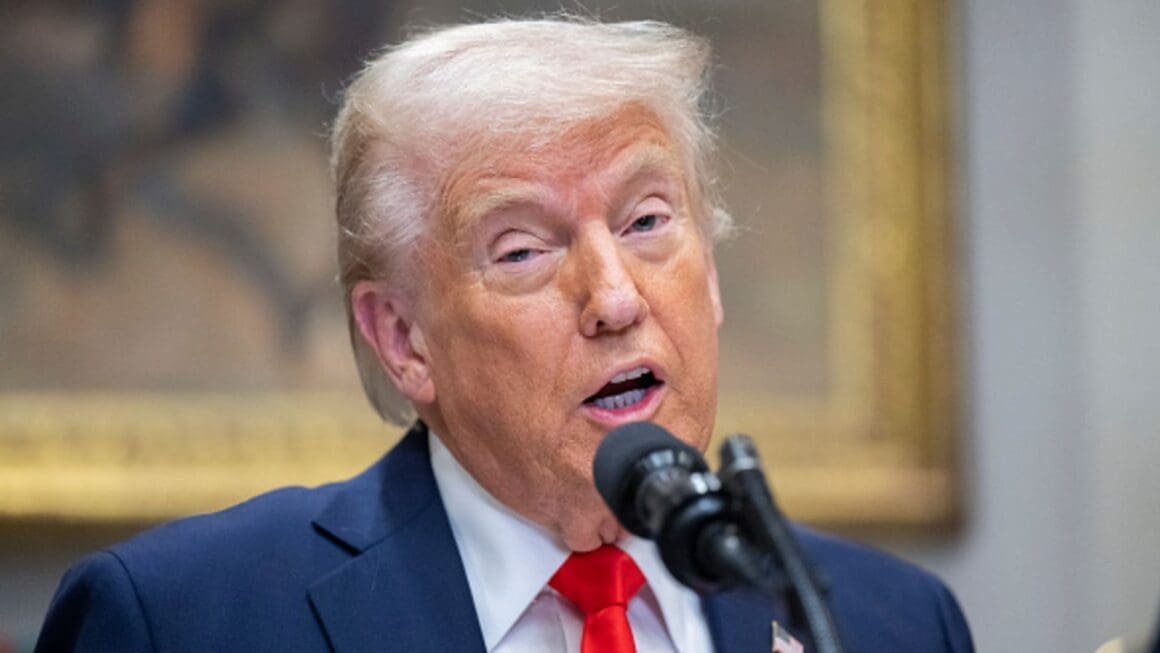A public meeting in Fort Madison, Iowa, drew attention to concerns about the Trump administration’s trade policies, particularly their impact on the state’s export-dependent agricultural sector. During the event, a resident sought clarity on how these policies, especially tariffs, might affect local cattle producers. While Republican Senator Chuck Grassley acknowledged potential benefits for producers if import rules on U.S. beef are relaxed, he also highlighted the threats posed by losing significant markets, such as China, for the state’s grain exports.
Iowa faces a precarious situation due to its reliance on agricultural exports, being the second-largest soybean producer in the nation. The imposition of tariffs by President Donald Trump has seen reciprocal measures from China, potentially jeopardizing the market for millions of bushels of soybeans. This issue places Grassley, an opponent of tariffs, in a challenging position as he attempts to navigate the complexities of trade policies while introducing bipartisan legislation to require presidential justification for future tariffs.
The White House has signaled its intent to veto Grassley’s proposal, arguing that it could constrain the president’s foreign policy and national security efforts. As farmers grapple with the implications of the trade war, the reduction in soybean exports to China from $12.2 billion in 2017 to $3.1 billion in 2018 serves as a stark reminder of the potential risks.
The trade war’s broader implications were a topic of discussion at a recent fundraiser for the Iowa Faith and Freedom Coalition, where Republican National Committee chairman Michael Whatley lauded Trump’s economic efforts. The event, attended by over 700 activists, saw mixed sentiments. While some, like Ray Darin, expressed concerns about the trade economy’s future, others, including Bonita Bappe, perceived the tariffs as a strategic move by Trump to level the playing field with China.
Grassley, addressing the audience via video, remained cautiously optimistic about the outcomes of the tariffs, suggesting they might eventually bring countries to negotiate. However, he also acknowledged the uncertainty, indicating a readiness to accept the results, whatever they may be.
The Evolving Landscape
The ongoing trade tensions have significant implications for Iowa’s agriculture-dependent economy and the broader American farming industry. As tariffs alter international trade dynamics, farmers face the challenge of adapting to shifting markets. The potential loss of the Chinese market could lead to a surplus of unsold crops, affecting prices and profitability for local producers.
These developments could also influence consumer costs and availability of agricultural products, impacting not only the farming community but also related industries, including transportation and food processing. As stakeholders in the region navigate this evolving landscape, the ability to adapt to new economic realities will be crucial for maintaining stability and growth.












